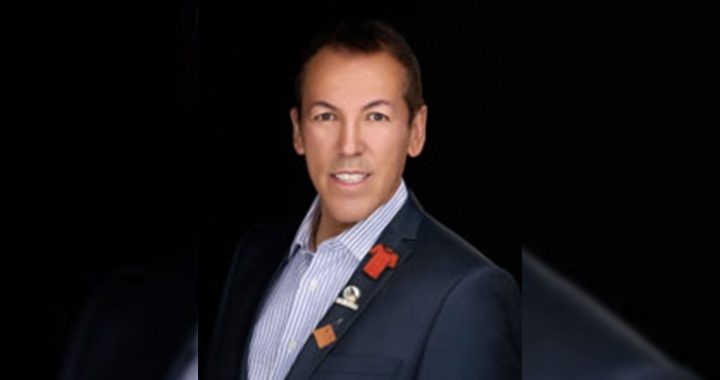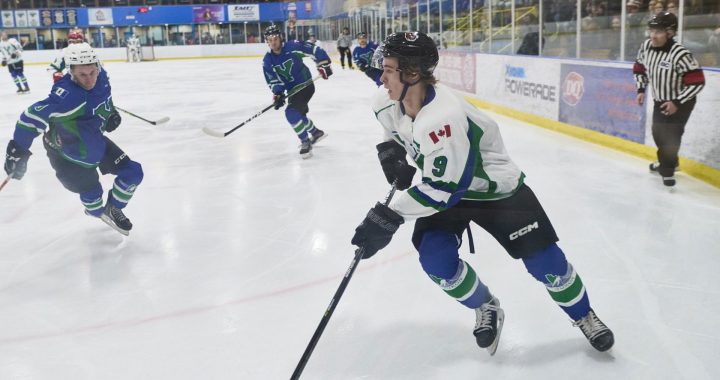Justin Trudeau and the Liberals had the most progressive mandate when it came to Indigenous people than any government before them.
But did Trudeau accomplish enough in his four years as prime minister to deserve votes from Indigenous people when the polls open Monday?
Or does he deserve to be kicked out of office?
“The short answer is no,” said Pitseolak Pfeifer, owner of Inuit Solutions, on whether Trudeau should be given the boot.
“I think the momentum he’s built over the last four years has been very progressive for Indigenous people, in particular, in this country.”
Pfeifer told Nation to Nation that he believes Trudeau needs another term to continue addressing Indigenous issues.
That includes historic funding of about $18 billion for water, infrastructure and, eventually, on-reserve child welfare.
It took Trudeau over two years before he addressed the funding shortfalls for on-reserve child welfare and only after the Canadian Human Rights Tribunal issued several non-compliance orders after finding Canada guilty of systemically underfunding on-reserve child welfare on Jan. 26, 2016.
It wasn’t until Feb. 21, 2018 when increased funding was issued to on-reserve child welfare agencies and First Nations. Meanwhile, an APTN News investigation found 48 Indigenous children, just in Ontario, connected to child welfare died. Most of the deaths were suicides.
“There are some very valid questions about how the Trudeau government has approached Indigenous issues and worked with Indigenous people. I think there are some questions about some of the bills that stalled in the Senate.
“I think there are also questions about a willingness to work with other parties when it comes to furthering an Indigenous mandate,” said Caroline O’Neill, the morning reporter for 95.7 ELMNT FM in Ottawa.
Veldon Coburn, assistant professor at the University of Ottawa, credits Trudeau’s mandate on Indigenous issues.
“It was a really ambitious mandate. I give them credit for having probably the most ambitious and enthusiastic commitment to Indigenous peoples of any government in Canadian history but I think it really fell short and it also left a lot of disappointment for Indigenous peoples,” said Coburn.
A Nuu-chah-nulth political scientist also graded Trudeau’s environmental record.
“I would give them a B because there’s been a lot of progress made. They’ve put their money where their mouth is so to speak,” said Eli Enns.
Coburn also believes the term “reconciliation” has become overused.
A Navaho man running to be the president of the United States said it’s worse than that.
“Even the term reconciliation is problematic. Reconciliation implies there was a previous harmony,” said Mark Charles, who spoke to APTN several weeks ago in New York during a climate change march.
“When I talk about this history in the United States I don’t use the term reconciliation — it’s a misnomer. If you understand the history, you can’t discover lands already inhabited. You can’t do it. It’s called stealing, it’s called conquering. It’s only because of the doctrine of discovery, which dehumanized Native peoples, which allowed Christopher Columbus, Jacques Cartier, to discover North America, to discover Canada,” Charles said.
“I’m three months into my campaign. A small segment of America has heard my message so far. I am just beginning to introduce the content to be able to change the paradigm of our entire nation. I have 15 months left. I don’t need them to vote for me today. I need them to vote for me —I need my nation to vote for me — in November of 2020,” he said.
Canada’s federal election is Monday, while a reported nearly 4.7 million people already cast a ballot at advanced polls.











